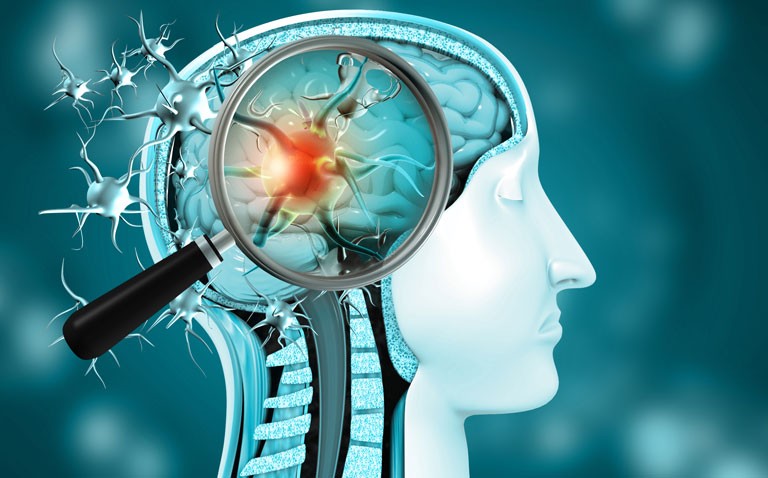An analysis of over a quarter of a million patients has revealed how six months after infection with COVID-19, there is substantial neurological and psychiatric morbidity.
Emerging data has revealed how three months after infection with COVID-19, nearly a fifth of patients, with no prior history of mental illness, receive a new psychiatric diagnosis. However, in order to gain a better understanding of the psychiatric and neurological sequelae of infection, longer term data are required. This prompted a team from the Department of Psychiatry, University of Oxford, to retrospectively analyse the psychological risks associated with COVID-19 infection. However, in trying to determine whether the presence of psychiatric illness was specifically related to infection with COVID-19, the team used two matched control groups; those diagnosed with influenza or any respiratory tract infection during the same period of time. Their primary cohort contained patients with a confirmed diagnosis of COVID-19 and in the analysis, the team adjusted results for several established or suspected risk factors for COVID-19 e.g., age, sex, race and a number of co-morbidities e.g., hypertension, obesity etc. The outcomes of interest were any neurological or psychiatric diagnosis occurring 1 – 180 days after the index data, i.e., the date when the first case of COVID-19 was recorded in the US (20 Jan, 2020). COVID-19 patients were further categorised as either not hospitalised, hospitalised, those requiring admission to an intensive care unit (ICU) and those diagnosed with encephalopathy (delirium and related conditions).
Findings
The data set included 236379 individuals with COVID-19 patients, 105579 (influenza) and 236,038 (other respiratory infection). The average age of COVID-19 patients was 46 years (55.6% female) with White (57.2%) and Black or African American (18.8%) ethnicity accounting for the majority of individuals. The most common co-morbidity was hypertension (30%) followed by obesity (18.1%). In addition, 18.7% of the cohort were hospitalised, 17.3% admitted to ICU and 17% diagnosed with encephalopathy. In the whole COVID-19 cohort, 33.6% were diagnosed with a neurological or psychiatric outcome 6 months after their initial COVID-19 infection and this was higher (46.4%) among those admitted to ICU. Diagnoses among those in ICU included intracranial haemorrhage (2.66%), dementia (1.74%), Parkinsonism (0.26%), anxiety disorder (19.1%) and a psychotic disorder (2.7%). The risk of any neurological/psychiatric diagnosis was higher among those with COVID-19 compared to influenza (Hazard ratio, HR = 1.44, 95% CI 1.40 – 1.47) and those with a respiratory tract infection (HR = 1.16, 95% CI 1.14 – 1.17).
The authors noted that while many adverse neurological and psychiatric had been reported after infection with COVID-19, their findings supported these observations and provided estimates of the risk for each of the diagnoses. They concluded that in light of their findings, services should be designed and fully resourced, to deal with this anticipated increased need for support.
Citation
Taquet M et al. 6-month neurological and psychiatric outcomes in 236 379 survivors of COVID-19: a retrospective cohort study using electronic health records. Lancet Psychiatry 2021










